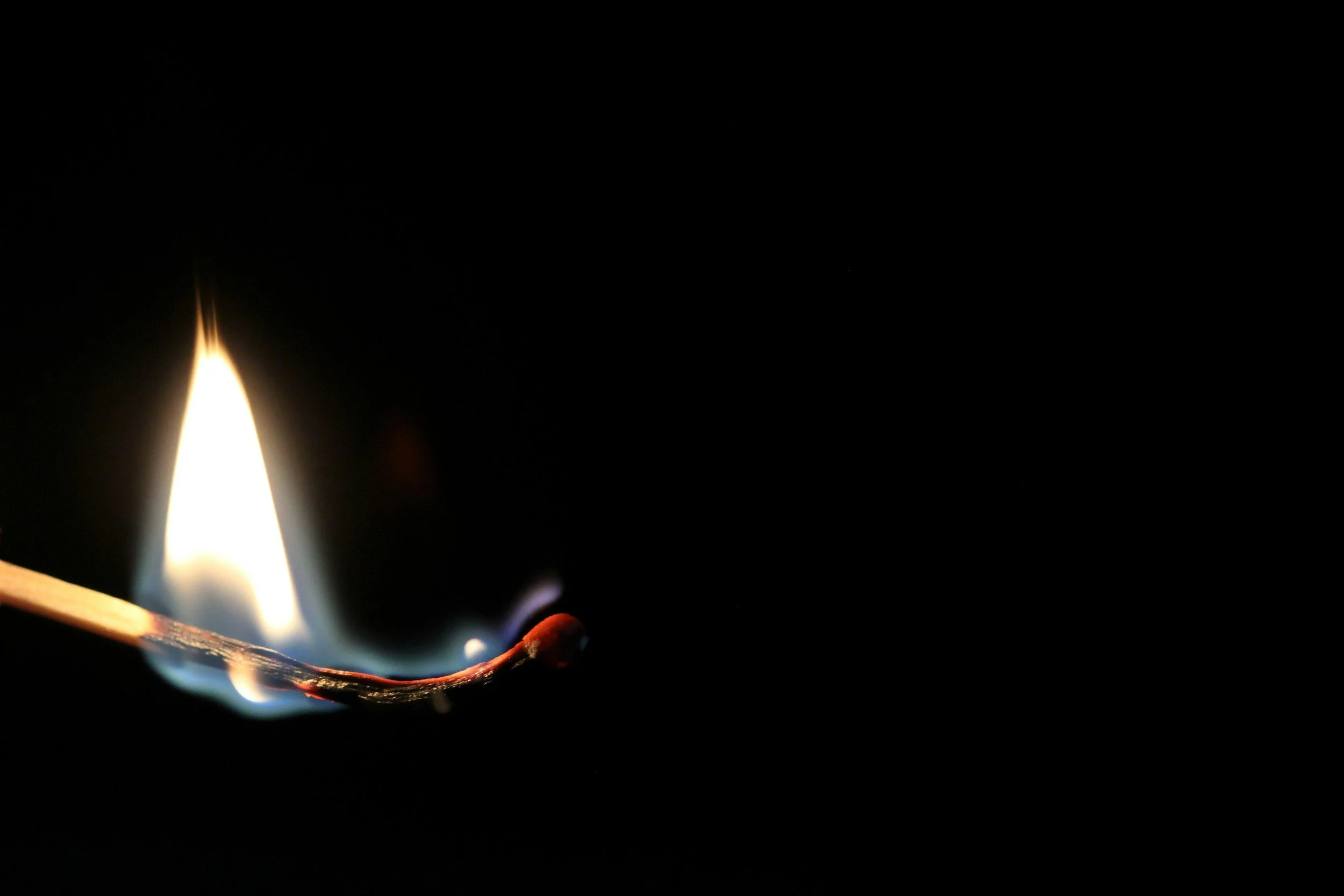Prefer to follow us on Apple Podcasts, Spotify (or your other favorite platform)?
Click here to find our show. Give us a follow to be sure you don’t miss new episodes!
From Burnout to Breakthrough: Dr. Marissa Alert on Building Resilient, High-Performing Teams
In this episode of the Two Piers Podcast, host Erica D’Eramo sits down with Dr. Marissa Alert—a clinical psychologist and behavioral change expert who turned her personal experience with burnout into a mission. As the founder of MDA Wellness, Dr. Alert helps organizations move beyond band-aid solutions to build systems that truly support employee well-being and sustainable performance.
Meet Dr. Marissa Alert
Erica opens the conversation by introducing Dr. Alert’s impressive credentials, including features in Forbes and Newsweek. Dr. Alert shares her excitement to dig into a topic she’s passionate about—burnout—and how it affects both individuals and organizations.
But this isn’t just academic for her. Dr. Alert brings firsthand experience. A life-threatening car accident forced her to ask herself a sobering question: If this had been it, would I be proud of how I spent my time? The answer launched a shift in her career—and in her purpose.
A Wake-Up Call: From Burned Out to Building Something Better
Despite a successful career as a psychologist, Dr. Alert realized she was unfulfilled and burned out. The accident became a turning point, leading her to found MDA Wellness, an organization focused on helping leaders create healthier workplaces.
“I knew I wasn’t the only one,” she tells Erica. “Burnout wasn’t just my story—it was everywhere.”
Burnout Is a Slow Burn—and Easy to Miss
Together, Erica and Dr. Alert explore why burnout is so hard to recognize. It builds gradually and often gets normalized—especially in high-performing environments. Individuals may dismiss the signs, chalking it up to stress or just “pushing through.”
On the organizational side, the challenge is even more complex. Many companies are still stuck addressing burnout at the surface level—offering yoga classes or mental health days while ignoring the deeper, systemic issues.
“It’s like treating the tip of the iceberg,” Dr. Alert explains. “What’s underneath is still there, driving the problem.”
The Problem with Surface-Level Solutions
The conversation turns to the pitfalls of one-size-fits-all wellness programs. While things like mindfulness apps and wellness stipends have their place, Dr. Alert warns they’re often used to check a box rather than drive real change.
“Burnout isn’t just about the individual,” she says. “It’s about the system they’re working in.”
She and Erica reflect on the industrial-era mindset that still permeates many workplaces—the idea that people are machines, expected to run continuously without pause.
Rest Is a Right, Not a Reward
Erica brings up the work of rest advocate Tricia Hersey, noting how society has devalued rest unless it’s “earned.” Dr. Alert agrees: “Rest isn’t a luxury. It’s a biological need. And when we ignore it, we pay the price in performance, innovation, and well-being.”
The return-to-office push highlighted how much we still value presence over productivity. The pair discusses how “presenteeism”—showing up just to be seen—actually promotes inefficiency and can deepen burnout.
What Individuals Can Do: Awareness, Evidence, and Action
Dr. Alert outlines her approach for individuals starting to confront burnout:
Awareness: Recognizing that what you're feeling isn’t just stress—it may be burnout.
Evidence-based support: Working with professionals who use science-backed tools to support recovery.
Data-informed change: Using real metrics to understand the problem and track progress.
She also underscores a key point: burnout isn’t just a personal issue. It’s a leadership issue—and a business risk.
What Organizations Need to Hear
Erica and Dr. Alert discuss what it really takes for organizations to tackle burnout:
Bring in experts early—not just when things are on fire.
Stop treating burnout like a compliance issue.
Don’t rely on anecdotal fixes; collect real data on employee well-being and performance.
Tailor your approach to your people and your culture.
“Burnout is a signal,” Dr. Alert says. “Not just that people are struggling, but that something in your system is broken. Fixing it is not just the right thing to do—it’s a strategic advantage.”
Knowing When to Get Help
How do you know if your organization needs outside support? Dr. Alert offers some clear signals:
High turnover or disengagement
Declining performance despite increased effort
One-size-fits-all wellness programs that don’t move the needle
A culture that values hours over outcomes
She encourages leaders to move beyond “one and done” initiatives and instead focus on long-term behavior change—driven by data and real conversation.
Final Thoughts: Burnout Is Everyone’s Business
As the episode wraps, Erica and Dr. Alert reinforce a powerful message: addressing burnout isn’t just about care—it’s about competitiveness, innovation, and the future of work.
Dr. Alert invites listeners to connect with her for conversations about how to build cultures of sustainable performance. She also hosts monthly virtual roundtables where leaders can share challenges and gain insights.
Interested in learning more about Dr. Marissa Alert or joining a roundtable?
Visit mdawellness.com or reach out via LinkedIn to start the conversation.

